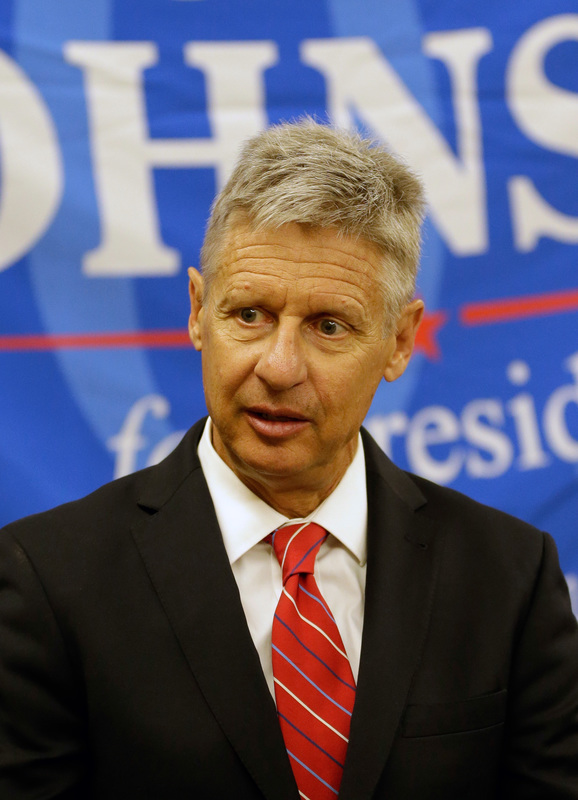| Is the current Libertarian presidential candidate trying to change what it means to be a Libertarian? Or is he just making the party’s rougher edges a bit more palatable in a year when the party has a real chance to make inroads? Gary Johnson says he isn’t changing a thing, but he sounds a bit different than other Libertarians I’ve met. In a meeting last Friday between the combined KSL-Deseret News editorial board and the Libertarian presidential ticket — Gary Johnson and William Weld — the topic somehow turned to the Civil Rights Act of 1964. I was astounded to hear Weld say the two of them would have signed that act were they in the White House back then. Why was I astounded? Because I’ve met with many Libertarian presidential candidates through the years. They always have assured me that the Civil |
| | Rights Act wasn’t necessary; that the government has no right to tell private businesses who to serve, and that the free market eventually would have made discrimination so harmful to business that no one would discriminate. So I pushed Johnson on it. Donald Trump has changed what it means to be a Republican. Is Johnson changing what it means to be a Libertarian? No, he said. Governments exist to protect us from harm. Then he explained that some Libertarians view the Civil Rights Act only from the business owner’s perspective. He also views it from the perspective of the consumer being harmed. Weld acknowledged the two of them may be “advancing the ball” from what he called the “hard core” or “extreme” Libertarians. He also acknowledged Johnson was booed at the party’s convention for his stance on the Civil Rights Act, but reminded me that, despite this, they are the party’s nominees. They also each are former Republican governors. Interestingly, the one thing that may keep them from getting more votes in Utah — their views on legalizing drugs such as marijuana — is becoming less of an issue nationwide as many states move in that direction under the leadership of the two main parties. That puts more of a focus on their foreign policy and economic platforms, which differ sharply from those of Hillary Clinton or Trump. Unlike those two, Johnson and Weld are decidedly in favor of free trade, for example. But with Johnson and Weld polling somewhere between 6 and 10 percent nationally, it may not matter much, although they might be spoilers in some states. Here is an audio clip of me asking whether the ticket is changing Libertarianism. Johnson’s voice in the louder of the two. |


 RSS Feed
RSS Feed

